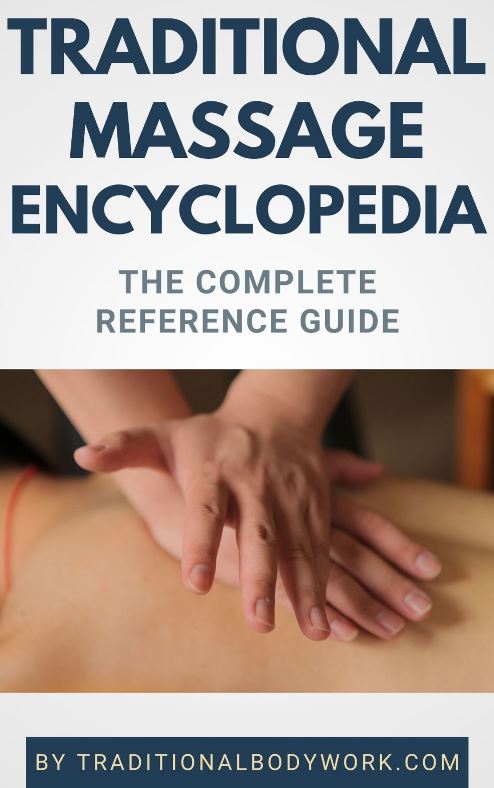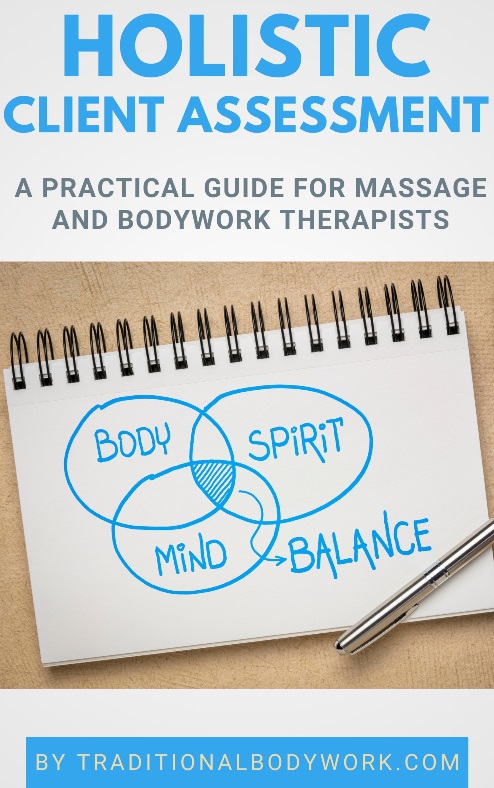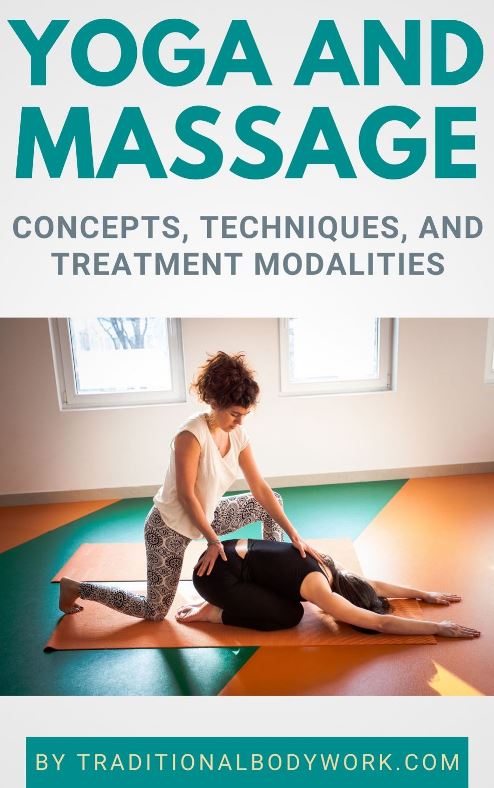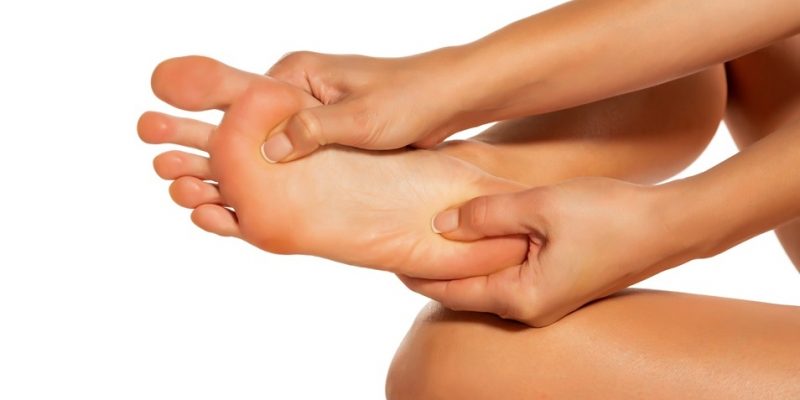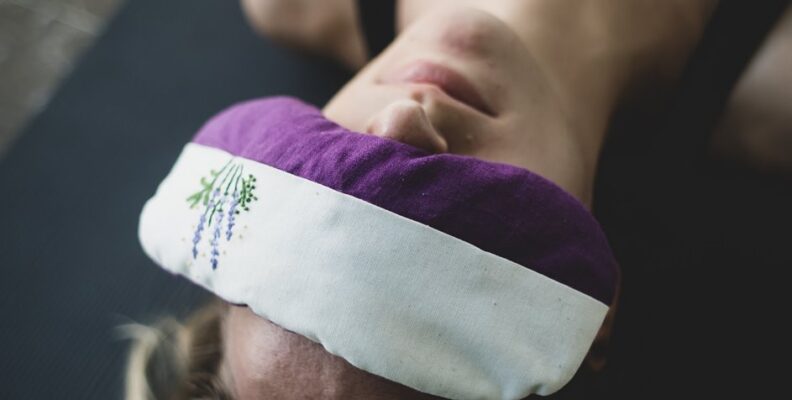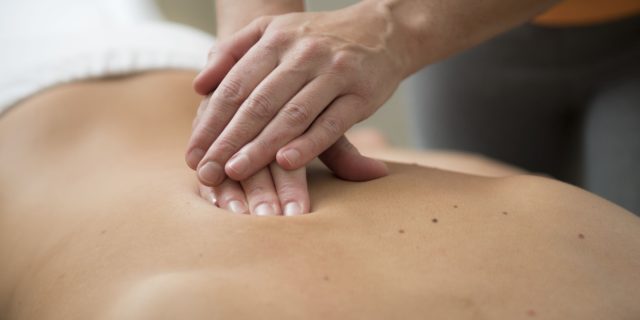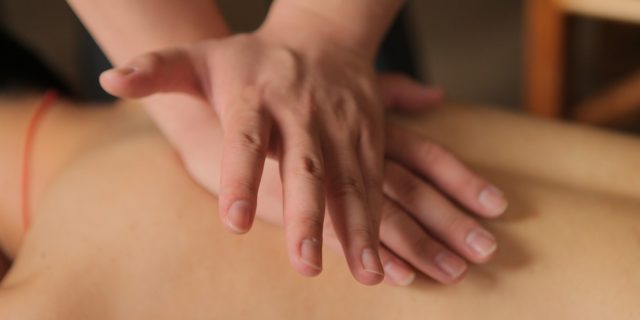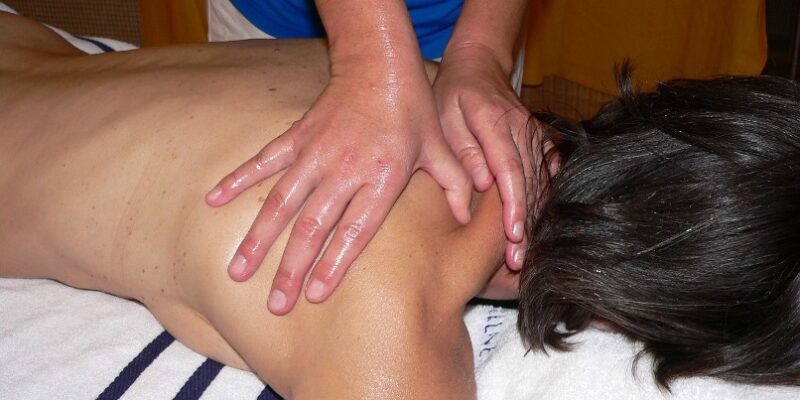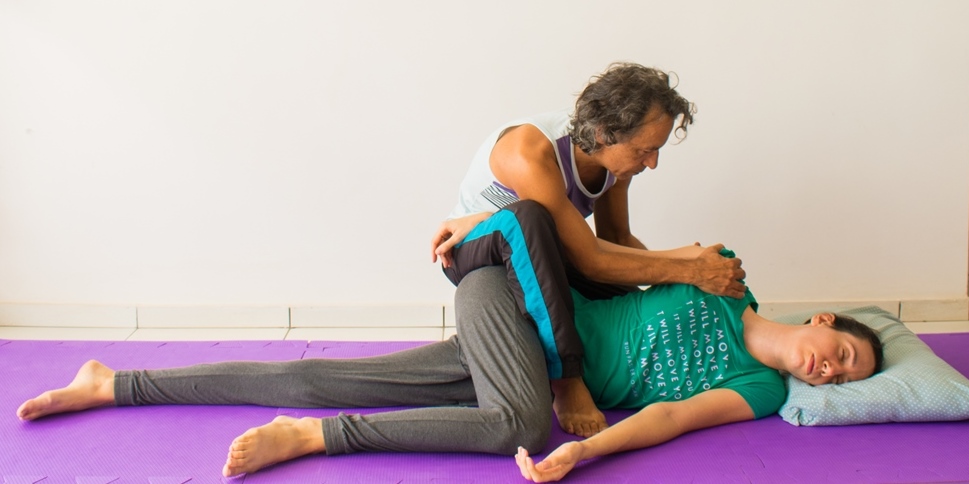
College life can be exhilarating, but it also comes with its own set of challenges. From demanding coursework to tight deadlines, students often find themselves overwhelmed by academic pressures. This stress can take a toll not only on their mental health but also on their physical well-being. One often overlooked yet highly effective way to combat these pressures is traditional bodywork. Incorporating bodywork into a student’s routine can provide significant benefits, including stress relief and enhanced mental clarity.
In today’s fast-paced academic environment, students are often juggling multiple tasks at once—writing papers, preparing for exams, participating in extracurricular activities, and maintaining their social lives. With so much to do and so little time, it’s easy to feel mentally drained and physically fatigued. Whether it’s long hours spent at the desk, endless revisions for assignments, or the tension from worrying about grades, all these factors contribute to stress. Some students may seek external help, such as hiring a professional essay editor to refine their papers, but incorporating traditional bodywork methods into their daily routine can offer a more holistic approach to managing stress and promoting overall well-being.
What Is Traditional Bodywork?
Traditional bodywork encompasses a range of physical therapies that have been used for centuries to promote health and healing. These therapies include techniques such as massage, reflexology, acupressure, and even ancient practices like shiatsu and Thai massage. The core principle of bodywork is the belief that our bodies are interconnected, and by working with the muscles, tissues, and energy points, we can help alleviate physical and emotional tension.
For college students, traditional bodywork can be incredibly effective in combating the side effects of stress, such as muscle tightness, poor posture, and mental exhaustion. Studies have shown that bodywork therapies can help stimulate circulation, reduce muscle tension, and even trigger the release of endorphins, which are the body’s natural “feel-good” chemicals. These benefits can contribute to both physical relaxation and mental clarity, which are essential for students who are constantly under pressure.
Stress Relief through Traditional Bodywork
Stress is one of the most common problems that college students face. The constant juggling of responsibilities, coupled with the pressures to succeed, often leads to chronic stress. Over time, this can lead to a range of health issues, including anxiety, sleep disorders, and even physical ailments like headaches or back pain.
One of the most immediate benefits of traditional bodywork is its ability to reduce stress. Techniques such as swedish massage or shiatsu focus on relaxing the muscles and soothing the nervous system, which can help relieve the tension that accumulates after long hours of studying or sitting at a desk. For students who are preparing for exams or working on time-sensitive assignments, incorporating regular bodywork sessions into their routine can be a game-changer. It helps reset the body and mind, providing a sense of calm and relief from the overwhelming stress that often accompanies academic life.
Moreover, bodywork can also improve sleep, which is vital for students dealing with stress. Many students experience sleep disturbances due to the anxiety of exams, deadlines, or the pressure to perform academically. Regular bodywork sessions can improve the quality of sleep by promoting deep relaxation and helping to reduce the physical and mental tension that may otherwise keep students awake at night.
Enhancing Mental Clarity
Stress doesn’t just affect the body; it also has a direct impact on cognitive function. When students are mentally exhausted or overwhelmed, their ability to focus, think clearly, and retain information diminishes. This is where traditional bodywork can be incredibly helpful.
Therapies like acupressure and reflexology target specific points on the body that correspond to various organs and systems, including the brain. These therapies are believed to stimulate the release of neurotransmitters that promote clarity and mental alertness. For students who are struggling to focus during long study sessions or who experience mental fatigue after intense academic work, bodywork provides a natural way to refresh the mind and boost concentration.
Additionally, techniques like craniosacral therapy can help alleviate headaches, which often occur as a result of mental tension. By addressing tension in the head, neck, and spine, bodywork can ease headaches and migraines, improving mental clarity and allowing students to be more productive.
Increased Energy Levels for Better Performance
Many college students report feeling mentally and physically drained by mid-semester. With late-night study sessions, early-morning classes, and a constant rush to meet deadlines, it’s no surprise that students feel fatigued. Traditional bodywork techniques can help increase energy levels by improving circulation and stimulating the body’s natural healing processes.
For example, Thai massage uses gentle stretching and compression to enhance energy flow throughout the body. This technique not only increases flexibility but also boosts circulation, allowing students to feel more energized and rejuvenated. In turn, this can improve focus and overall productivity, allowing students to approach their studies with greater enthusiasm.
Preventing Physical Ailments
Long hours of sitting at a desk or hunched over a laptop can cause poor posture, which often leads to physical discomfort and pain. This can result in chronic back, neck, or shoulder pain, which can distract students from their studies. Regular bodywork can help counteract the negative effects of prolonged sitting and improve posture by targeting the muscles and tissues that become tense during periods of inactivity.
Techniques like deep tissue massage or reflexology help to release tension in the muscles and promote better alignment, reducing the risk of developing musculoskeletal problems. By addressing these physical issues early on, students can prevent them from becoming chronic and limiting their ability to concentrate or perform well in their studies.
Practical Tips for Students to Incorporate Bodywork
For students interested in incorporating traditional bodywork into their routine, there are several ways to get started:
- Schedule Regular Sessions: Try to schedule bodywork sessions at least once a month to maintain your physical and mental well-being. Some students may find it helpful to schedule a session after a particularly stressful week or before exams to maximize the benefits.
- Learn Self-Massage Techniques: While professional bodywork sessions are beneficial, students can also learn simple self-massage techniques to relieve tension on their own. Focus on areas like the shoulders, neck, and wrists, where tension tends to build up during study sessions.
- Combine Bodywork with Meditation: Meditation is another effective tool for reducing stress and improving mental clarity. Combining bodywork with meditation can help deepen relaxation and promote overall wellness.
- Take Breaks During Study Sessions: Use bodywork techniques as part of your study routine. Take short breaks every hour to stretch, perform deep-breathing exercises, or even do a few minutes of self-massage to relieve any physical strain.
Final Thoughts
Traditional bodywork offers an effective, holistic approach for college students to manage stress, improve mental clarity, and maintain their overall well-being. Whether it’s easing physical tension, enhancing cognitive function, or promoting better sleep, these therapies can be incredibly beneficial for students navigating the challenges of academic life. By incorporating bodywork into their routines, students can experience improved health, greater focus, and a renewed sense of energy, helping them perform at their best academically.
While academic performance is important, it’s equally important to nurture your body and mind. Students who take the time to care for their well-being through bodywork will not only be more resilient to stress but also better equipped to achieve their academic goals.

